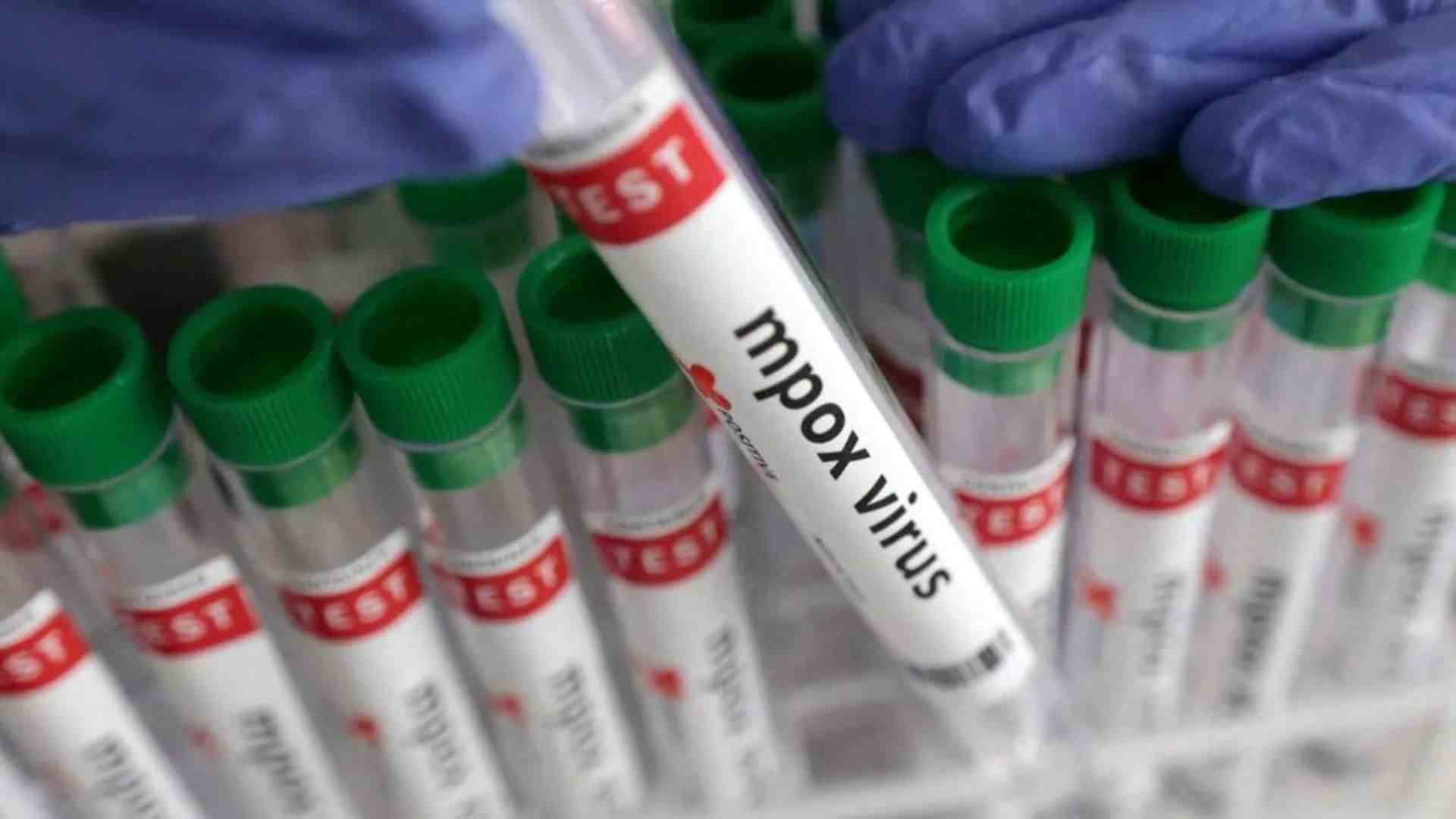The government issued new guidelines for handling Mpox, formerly known as monkeypox on Monday. The recommendations include screening and testing all individuals suspected of having Mpox, isolating confirmed cases, and conducting contact tracing to “prevent and/or minimize the risk of any case or death due to Mpox in the country.”
States and union territories have been directed to prepare hospitals with isolation facilities and to be ready for both suspected and confirmed cases, which will require additional resources. The government emphasized that managing Mpox effectively is essential to avoid “undue panic amongst the masses.”
The Health Ministry has also advised distributing guidelines on “management of monkeypox disease” and implementing a comprehensive surveillance strategy for tracking suspected cases and their contacts, similar to the measures taken during the Covid-19 pandemic. Additionally, the ministry provided a list of approved laboratories for testing, along with protocols for clinical management, infection prevention, and risk communication.
Public health preparedness must be reviewed, particularly at the state and district levels, involving senior officials. Healthcare workers, especially those in skin/STD clinics, should be briefed on Mpox symptoms, differential diagnoses, and appropriate actions upon detecting a case.
To ensure the public is well-informed, the Health Ministry highlighted recent updates from the World Health Organization (WHO). According to the WHO, most Mpox patients are men aged 18 to 44, with common symptoms including systemic or genital rash and fever. Last month, the WHO declared Mpox a Public Health Emergency of International Concern (PHEIC) due to a surge in cases beyond Africa, including in countries such as the Democratic Republic of Congo, Burundi, Kenya, Rwanda, and Uganda. A new strain from the DRC has also been identified.




















